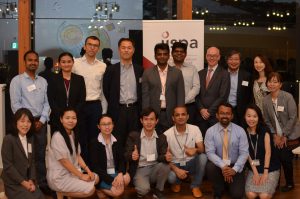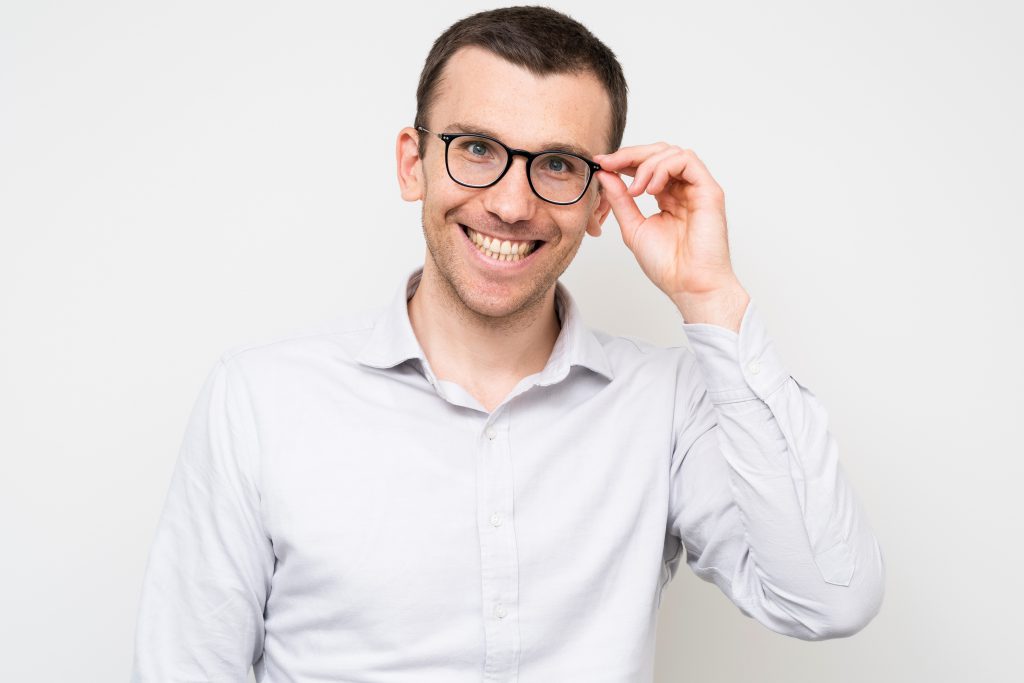My field is international trade, specifically building quantitative models of international trade that can be used for policy recommendations, with a focus on the theoretical foundations of those models. The most popular models that we currently use unambiguously predict that free trade is the best, which we know does not reflect reality. The prediction about the optimality of free trade is due to the fact that those models do not incorporate certain features of the real world. My goal is developing more realistic models that can be used to make better policy recommendations for tackling real-world problems.
I grew up in Kazakhstan during very difficult times in the 90s after the collapse of the Soviet Union. I was always fascinated by world events, and everything I was observing and living through stimulated my interest in macroeconomics. At first, I earned a degree in software engineering at Novosibirsk State University in Russia. I had always been strong in mathematics and software engineering was an obvious way to start working as early as possible. After a few years of working, however, I decided to change course and earned a master’s degree in economics at the New Economic School, Russia, before going on to obtain a PhD in economics at Pennsylvania State University.
I ended up coming to the University of Tokyo five years ago, first working at the Graduate School of Economics. I have now been at GraSPP for two years. Besides the good fit with my research interests, I was also attracted by the once-in-a-lifetime opportunity to work in Japan and felt that living in what, to me, was a very different environment would intrinsically make me a better and more open-minded person.
My original interest was in macroeconomics, such as central banking and finance from an economic perspective, but when I was at Pennsylvania State University, I ended up moving to international trade. Within that, my research field is building quantitative models of international trade that can be used for policy recommendations and I especially focus on the theoretical foundations of those models.
Due to my academic background, I have been trained to believe that trade and markets should be free, but of course, unchecked liberalization or globalization of markets could lead to negative outcomes. The most popular models we currently use unambiguously predict that free trade is the best because those models do not incorporate certain features of the real world that would result in different predicted outcomes. Incorporating such features is either mathematically or computationally very difficult. I am therefore working on computational methods, using my software engineering background and my mathematics grounding, to try to advance the theoretical frontiers of this field.

With students and faculty members at the JISPA Reception
My long-term goal is to work on developing models of international trade that take into account various specific issues that countries are facing and that can be used to make better policy recommendations. I am also working on models of economic growth and trade. Ideally, I want to be able to use more realistic models to tackle real-world problems and real-world policy. I feel sorrow and pain looking back at the hardship endured by the people in Kazakhstan and my hope is that my research will be used to make a positive impact on people’s lives around the world.
In terms of teaching, besides conducting seminars with PhD students, I teach two elective courses: Data Science for Practical Economic Research and International Trade Policy. The goal of the former is to give students a deeper understanding of data science methods and make the students intelligent users of those methods. I aim to teach more interesting and challenging topics than the basics, which can all be learned through self-study using freely available online resources. With the latter course, my goals are twofold: to teach the art of economic thinking so students are economically literate and able to take informed views of international trade issues, and also to teach them about economic models to prepare some students to go into advanced courses and research.
Overall, I think GraSPP is a dynamic and friendly place with excellent teaching. In the economics stream, we offer high-quality courses in economics, as well as policy issues such as international relations and security. In the policymaking stream, we have professors who are not only among the best in their fields, but many are also practitioners with experience of the nitty-gritty details of policy work. Most importantly, all professors are committed to the success of the program and training the next generation of policymakers.



